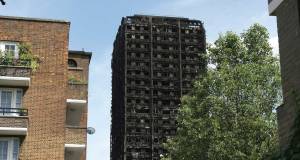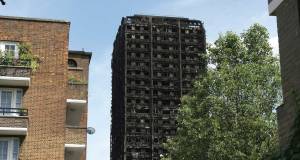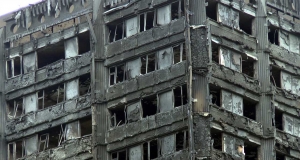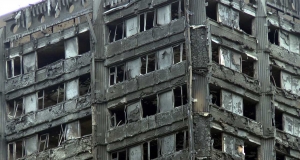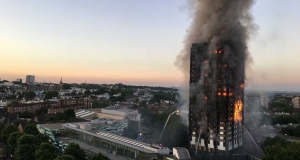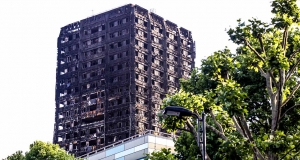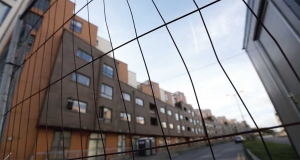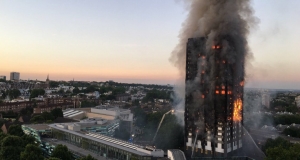grenfell - passivehouseplus.co.uk
Grenfell inquiry hears of damning test culture
Before it was halted until January 2021, the Grenfell Tower inquiry heard a series of damning testimonies on the culture towards fire safety within leading building material manufacturers and certification bodies in the years leading up to the fire.
Blind & shutter group calls for Part B changes
The British Blind & Shutter Association (BBSA) has challenged what it described as the defacto banning of shading on tall glass buildings in Part B of the building regulations, and is seeking a judicial review on several points, principally that the regulation is misconceived as it focusses on combustibility rather than flammability
New authority to oversee safety in high rise apartment blocks
It is being suggested that the creation of a Joint Competent Authority – as called for by Dame Judith Hackitt in her review of the building regulatory system, after the Grenfell tragedy – is due to be announced by the UK Ministry of Housing very soon. And a new industry initiative is calling for Dame Judith’s recommendations to be implemented in full.
Chair of post-Grenfell fire review “shocked” by construction culture
The engineer tasked by the UK Government with examining building fire safety regulation in England following the Grenfell fire has said she is shocked by construction practices. The industry urgently needs to change its culture, and “clearly identifiable” individuals must take responsibility for what is built, she concludes.
Why construction contracts must change in light of Grenfell
Design-and-build contracts have become increasingly common in construction, a trend that must be reversed in light of the Grenfell Tower fire if we are to deliver safe and high quality buildings, says quantity surveyor Michael McCarthy.
Secrecy of fire tests undermines public safety, Grenfell Enquiry hears
The commercial secrecy surrounding the fire-testing of construction materials undermines fire protection by potentially obscuring serious concerns, a major alliance of fire bodies has told the public enquiry into the Grenfell disaster.
Grenfell Tower - How did it happen?
Investigations may eventually confirm the specifics of how the fire at the West London tower block spread so catastrophically on the night of 14 June, but the government and construction industry faces much deeper questions about whether a culture of deregulation, cost-cutting and buck-passing turned what should have been a small, inconsequential fire into a national tragedy.
Out of control? Are building control systems properly equipped to deliver safe, healthy and well-constructed buildings?
After a litany of dangerous and high profile building failures in Ireland, many in the country’s building industry looked longingly across the Irish Sea and held up the UK as an example of how to do building control properly. But following a series of embarrassing defects with UK construction projects, it’s clear the British system is far from perfect. So is either of these building control systems properly equipped to deliver safe, healthy and well-constructed buildings?
An avoidable tragedy: questions for the public inquiry on Grenfell Tower
On 13 June, in an address about retrofit policy to the joint conference of the Sustainable Traditional Buildings Alliance and the Society for the Protection of Ancient Buildings, I suggested that the UK retrofit industry is dangerously incompetent, and that is why we need to implement the Each Home Counts industry review. Little did I know that in less than twenty-four hours those words would come back to haunt me in the most horrific way, writes Dr Peter Rickaby.


